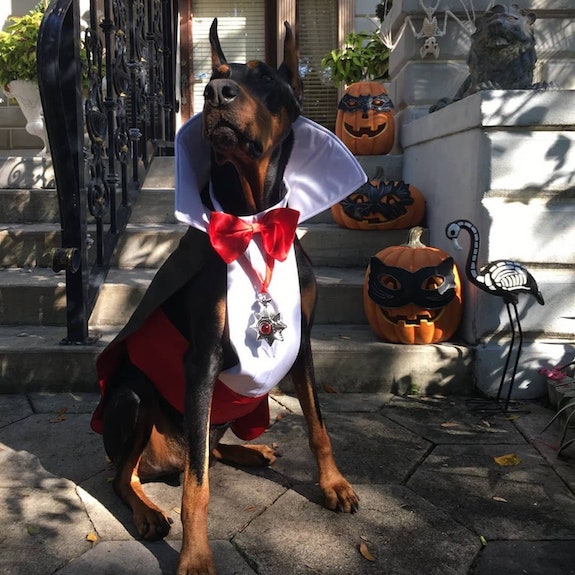
We know in advance that we’re going to go down some rabbit holes. Sorry not sorry.
We were intrigued by an article we read the other day. It was about human blood, and something called Rh null blood. Blood is considered Rh-null if it’s missing all of the 61 possible antigens in the Rh system, and it’s also regarded as the ‘universal’ blood for the that system. Evidently, it’ s dangerous to live with this blood type because so few people have it.
How few?
Oh, fewer than 50 people.
In the world.
It is for that reason that it’s called “golden blood,” the rarest blood type in the world. You can read more about it at the same place we found it, BigThink, a site that covers big topics in little time.
So naturally after reading the piece, we wondered: How can we take this information and make it a post about purebred dogs.
When it comes to blood in dogs, we’ve already written about Greyhounds and their fascinating blood. For those just tuning in, Greyhounds have more red blood cells than other dogs, and this means higher packed cell volume, hematocrit, hemoglobin concentration, red blood cell count, and whole blood viscosity. A healthy Greyhound has a HCT of 50-63%, something that in any other breed could result in a presumptive diagnosis of polycythemia or erythrocytosis. It is because they have more red blood cells and elevated parameters for RBC, hemoglobin, and PCV / HCT, that sixty percent of Greyhounds are a universal blood type that make them so desirable as blood donors. You can read more about what we’ve written about Greyhound blood here and here.
But we digress. As many as 13 group systems have been identified in dogs, but six are most commonly recognized. They are DEA-1.1, DEA-1.2, DEA-3, DEA-4, DEA-5, and DEA-7. A dog can be classified as positive or negative for each DEA, or dog erythrocyte antigen.
All dogs possess the DEA 4 red cell protein, and interestingly, up to 75% of Doberman Pinschers have the blood type DEA 4 only. Around 20% of Greyhounds have DEA 3, and about 30% of them have DEA 5.
Dogs that are negative for DEA 1.1 and other blood types are considered “universal donors,” and as such, are able to safely give blood to dogs with different blood types (as an aside, DEA 1.1 negative is in the minority of dogs). Roughly forty percent of dogs belong to the universal donor group, and while Greyhounds are famous as universal blood donors, they aren’t the only breed with this attribute as you can see from the list below:
- Chippiparai (a sighthound from India)
- Doberman Pinschers
- German shepherd
- Airedale terrier
- Weimaraner
- Boxer
Something else to know about blood donations, at least in California. As of January 1, 2022, California (the only U.S. state that closely regulated the veterinary blood product industry) has a new regulatory regime for sourcing canine blood products, this for the third time in 20 years. Since 2001, blood products for dogs had to come from one of two state-licensed canine blood banks (which, some complained, had a monopoly on canine blood supply). Under the new law, California veterinarians can operate canine blood banks similar to the voluntary model used for people by sourcing blood from animals volunteered by their owners, or importing animal blood from other states that comply with California standards.
We’re still investigating blood type by breed, and you’ll be the first to know when we have something worth sharing.
Our image of a Doberman Pinscher in a Dracula Costume comes from a small business in Colorado with a site
